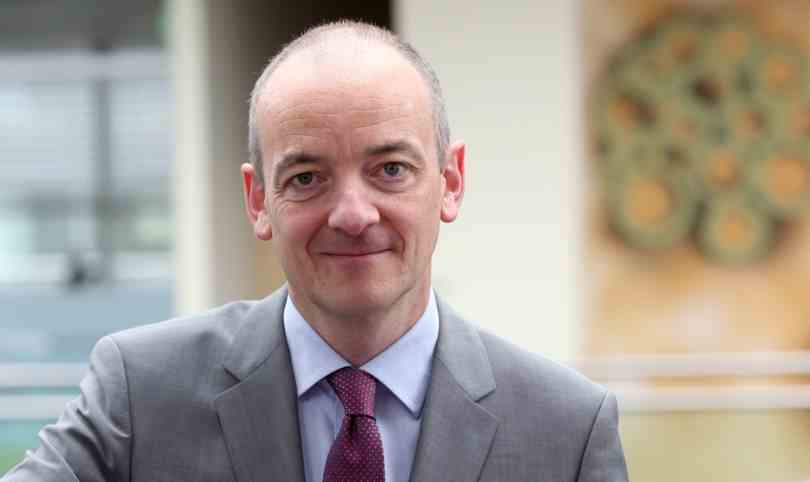A multi-country survey by PwC into how Covid-19 has changed how consumers shop, live and take care of their health shows a “seismic shift” towards self-care and a soaring level of shopping via mobile devices.
It has also changed how much people spend, with one-third of the respondents saying they will spend less in the future.
The results were collected from 4,450 consumers in nine countries and regions, spanning 35 cities, during April and May. The regions and countries surveyed were China, France, Germany, Italy, Middle East, Netherlands, Spain, Sweden and the UK.
Four out of ten respondents reported a decrease in income as a result of job loss or redundancy, resulting in less spending, more use of social media and more at-home entertainment.
- Overall, 36% of respondents expect to spend less in the next few months compared to before the pandemic hit
- 49% of respondents are spending less because of fewer social events and activities
- 50% are using social media more than before social distancing measures were put in place
- 56% are watching more television than before social distancing measures were activated
- 23% have lost money due to cancelled events or activities.
PwC Ireland retail and consumer lead John Dillon commented: “Based on our experience, the position in Ireland would mirror these global findings. For companies that cater to the end consumer, the future is arriving faster than anyone imagined.
“Digital trends that had already been transforming consumer behaviour a few short months ago have accelerated. Businesses need to understand how the new normal affects all their customer touch points if they are to reinvent their own future, and not be at the mercy of external events.”
Online shopping has boomed, as the report here has already shown. But while in-store grocery shopping is the main channel of choice, nearly two-thirds of consumers are now buying more groceries online than before the pandemic, with 86% of those planning to continue after social distancing measures are removed — and 45% say they are shopping less often for groceries but filling bigger baskets.
Similar increases applied to non-grocery items such as clothes, mobile phones, computers and tablets, together with intangibles such as entertainment and media. DIY and gardening also benefited from the move online.
One interesting outcome is that pre-Covid complaints about broadband reliability have not also soared. The research shows that consumers have been satisfied overall with their broadband speed during isolation.
• Download PwC Consumer Transformed Report
As a result of Covid-19, more than two-thirds of respondents said they are more focused than before on taking care of mental health and wellbeing, physical health and diet. Urban dwellers surveyed after the outbreak also viewed safety and security and healthcare just as important to their quality of life as employment prospects.
The survey also revealed a clear embrace of sustainability and a sense of civic duty: four out of ten expect businesses to be accountable for their environmental impact, while half are open to sharing their data if it helps their city.
PwC director Owen McFeely (pictured) added: “Customers don’t just want the retailer or brand to care about them; they also expect companies to care about the planet. While certain trends have been on the upswing for quite some time, our research shows that the pandemic has sharpened consumers’ desire for transparency, sustainability and convenience.
“The companies that will reap the most rewards are the ones that have established trust with the consumer, invested in a seamless and frictionless end-to-end customer purchase journey and prioritised the consumers’ health and safety. The need for consumer-facing companies to establish trust with potential customers could not be any clearer.”











